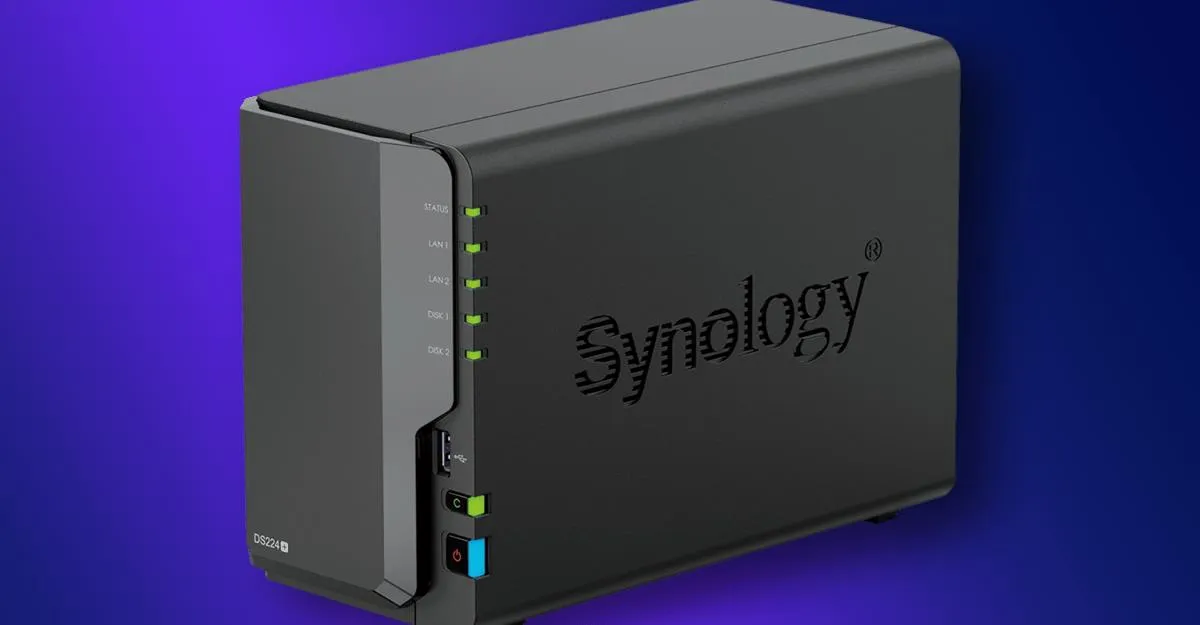
In an important update for users of network attached storage (NAS) devices, Synology has announced plans to impose new restrictions on the use of third-party hard drives in its upcoming models. This change, confirmed by the company to Ars Technica, is set to take effect later this year, making it more challenging for users to utilize non-Synology drives for common applications such as backing up household computers or serving local media.
Users who currently own a Synology NAS device can breathe a sigh of relief, as the company has assured that these new restrictions will not apply to existing models. In a press release intended for the European Union market, Synology specified that starting with the Plus Series models released in 2025, only Synology-branded drives and those that have been certified by the company will be able to access the full range of features and support.
According to reports from Ars Technica, Synology plans to update its compatibility lists to indicate which third-party hard drives have received certification. The upcoming restrictions mean that without drives approved by Synology, users may find themselves unable to utilize certain functionalities, such as pooling storage between disks or leveraging the drive lifespan analysis tools offered by Synology's software.
It's important to note that these new restrictions will not apply to Synology's J- and Value-series devices. Additionally, consumer-grade Synology Plus devices released in 2024 or earlier will remain unaffected. Users can also migrate hard drives from their current NAS systems to this year's new devices without any impact from these changes, as confirmed in Synology's official communication.
A Synology spokesperson explained to Ars Technica that extensive internal testing has revealed that drives that undergo a rigorous validation process when paired with Synology systems experience a lower risk of failure and compatibility issues. The company reiterated these points in their press release, emphasizing that the new restrictions aim to reduce compatibility challenges while enhancing the reliability and performance of their systems.
While Synology is taking a less aggressive approach compared to other companies, such as printer manufacturers that block third-party ink through software updates, many consumers find these new restrictions frustrating. The policy change means that owners of future NAS devices will have limited options and potentially fewer opportunities to save money on hard drive purchases.
As Synology moves forward with these changes, it will be critical for users to stay informed about the implications for their storage solutions and to consider the long-term impact on their NAS experience.